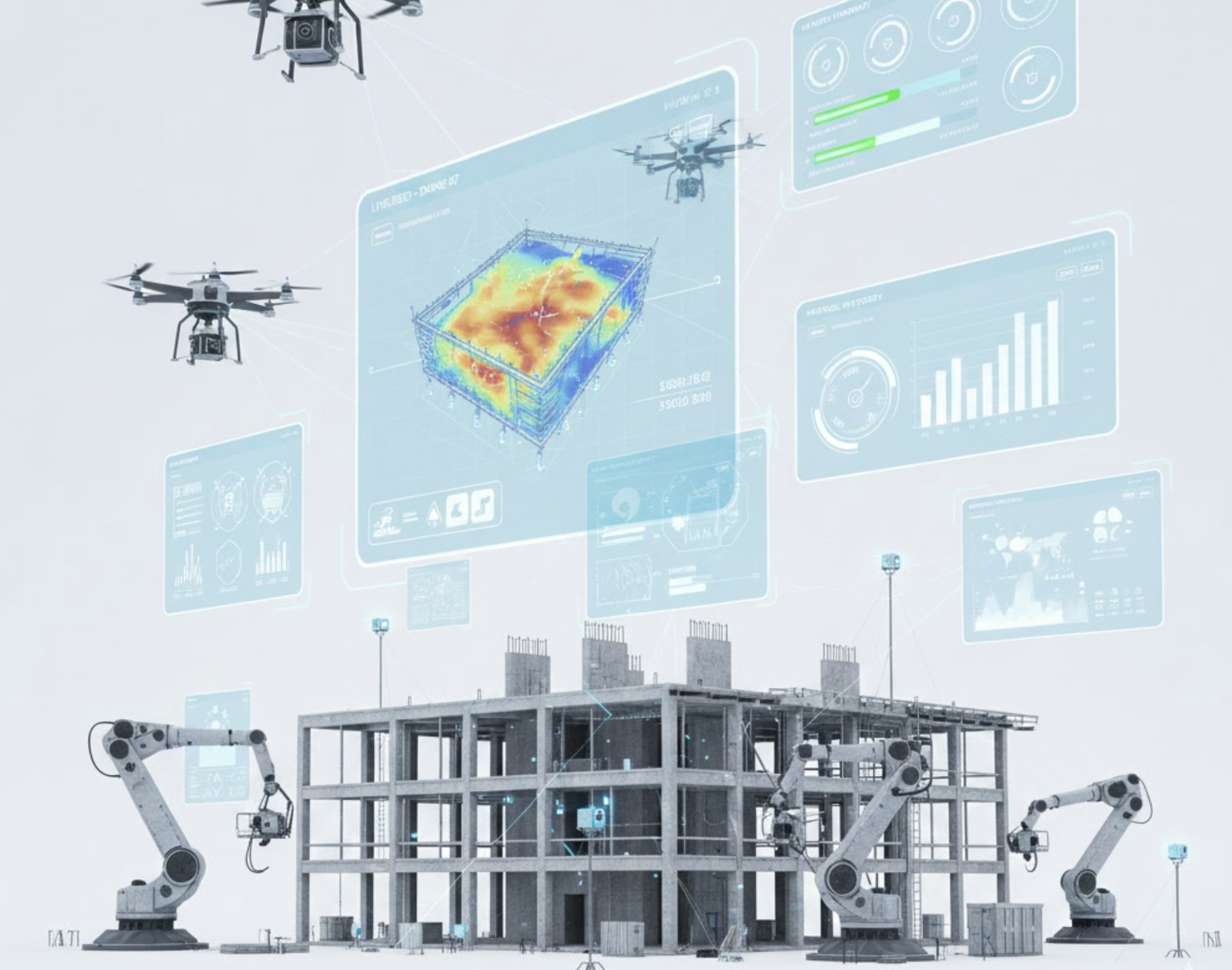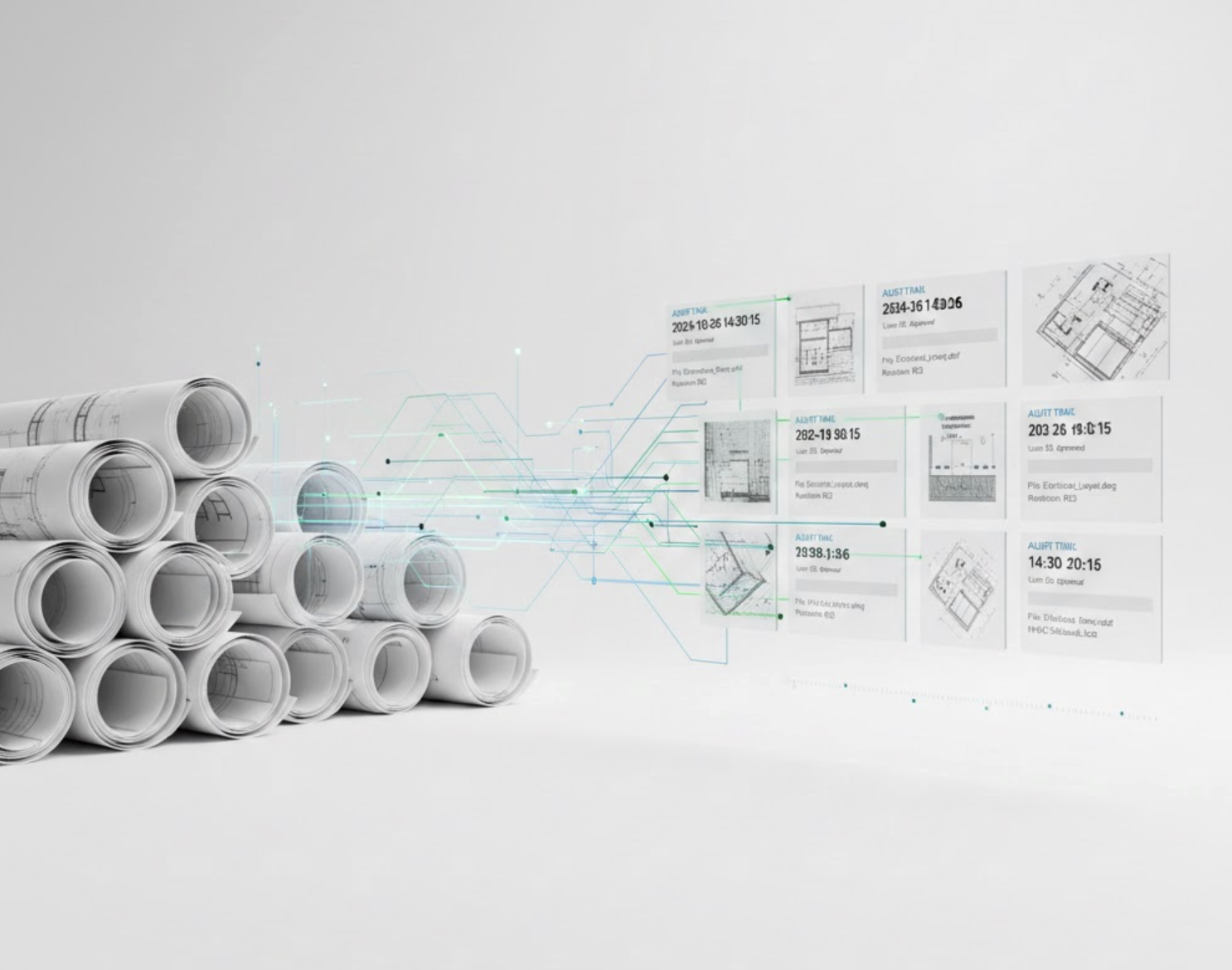From Whiteboards to Dashboards: Evolving Site Reporting
The transition from traditional whiteboards to digital dashboards marks a significant evolution in site reporting, particularly in industries such as construction, agriculture, and business management. This shift is driven by the need for more efficient, accurate, and accessible data management.
Traditional Whiteboards
Usage and Benefits
Whiteboards have been essential visual tools for organizing and tracking important information. In construction sites, they are used to manage schedules, safety measures, and resource allocations. In agricultural settings, such as sow farms, they oversee daily responsibilities like feeding routines, medication protocols, and health checks. They provide a centralized location for team members to update and access information, ensuring everyone is on the same page.
Limitations
- Accessibility: Whiteboards are fixed to a physical location, limiting access for remote teams or external consultants. This restricts real-time decision-making and collaboration.
- Data Accuracy: Manual updates can lead to data inaccuracies and inconsistencies, complicating tracking processes and decision-making.
Digital Dashboards
Benefits
- Enhanced Data Accessibility: Digital dashboards make data available to all stakeholders, including on-site personnel and external consultants, facilitating better collaboration and informed decision-making.
- Real-Time Tracking: Unlike static whiteboards, dashboards allow immediate tracking of essential indicators, which is crucial for the dynamic nature of construction projects.
- Process Mapping: Digital dashboards can illustrate value streams and process flows, providing a comprehensive view of organizational workflows and enhancing clarity in project management.
Key Features
- Interactive and Dynamic: Digital dashboards offer interactive and dynamic visualizations, enabling users to drill down into detailed data and analyze trends more effectively.
- Automated Updates: Automated data updates reduce the risk of human error, ensuring data consistency and accuracy.
Best Practices
Implementation
- Integration with Existing Systems: Ensure that digital dashboards integrate seamlessly with existing project management systems to avoid data silos and enhance overall efficiency.
- Training and Adoption: Provide comprehensive training to all users to ensure smooth adoption and maximize the benefits of digital dashboards.
Customization
- Tailored Metrics: Customize dashboards to display key performance indicators (KPIs) and metrics relevant to the specific project or industry, enhancing the relevance and usefulness of the data presented.
Use Cases
Construction Industry
Digital dashboards in construction can track project progress, resource allocation, and safety metrics in real-time, enabling better project management and risk mitigation.
Agricultural Industry
In agricultural settings, digital dashboards can oversee daily responsibilities such as feeding routines, medication protocols, and health checks, improving the efficiency and health of livestock.
How Zepth Can Help
Construction Project Management
Zepth offers advanced construction project management software that includes digital dashboards, enabling teams to manage schedules, safety measures, and resource allocations more effectively. Zepth’s platform enhances data accessibility, real-time tracking, and process mapping, which are critical for efficient project management.
Data Management and Reporting
Zepth’s digital dashboards can automate data updates, reduce errors, and provide a comprehensive view of project workflows. This helps in making informed decisions and improving overall project efficiency.
Integration and Customization
Zepth’s platform is designed to integrate with existing systems and can be customized to display relevant KPIs and metrics, ensuring that the data presented is tailored to the specific needs of the project or industry.
By transitioning from traditional whiteboards to digital dashboards, organizations can significantly enhance their site reporting capabilities, improve data management, and foster better collaboration and decision-making. Platforms like Zepth play a crucial role in this evolution by providing robust and customizable solutions for various industries. For more information on how Zepth can help, visit Zepth’s website.




